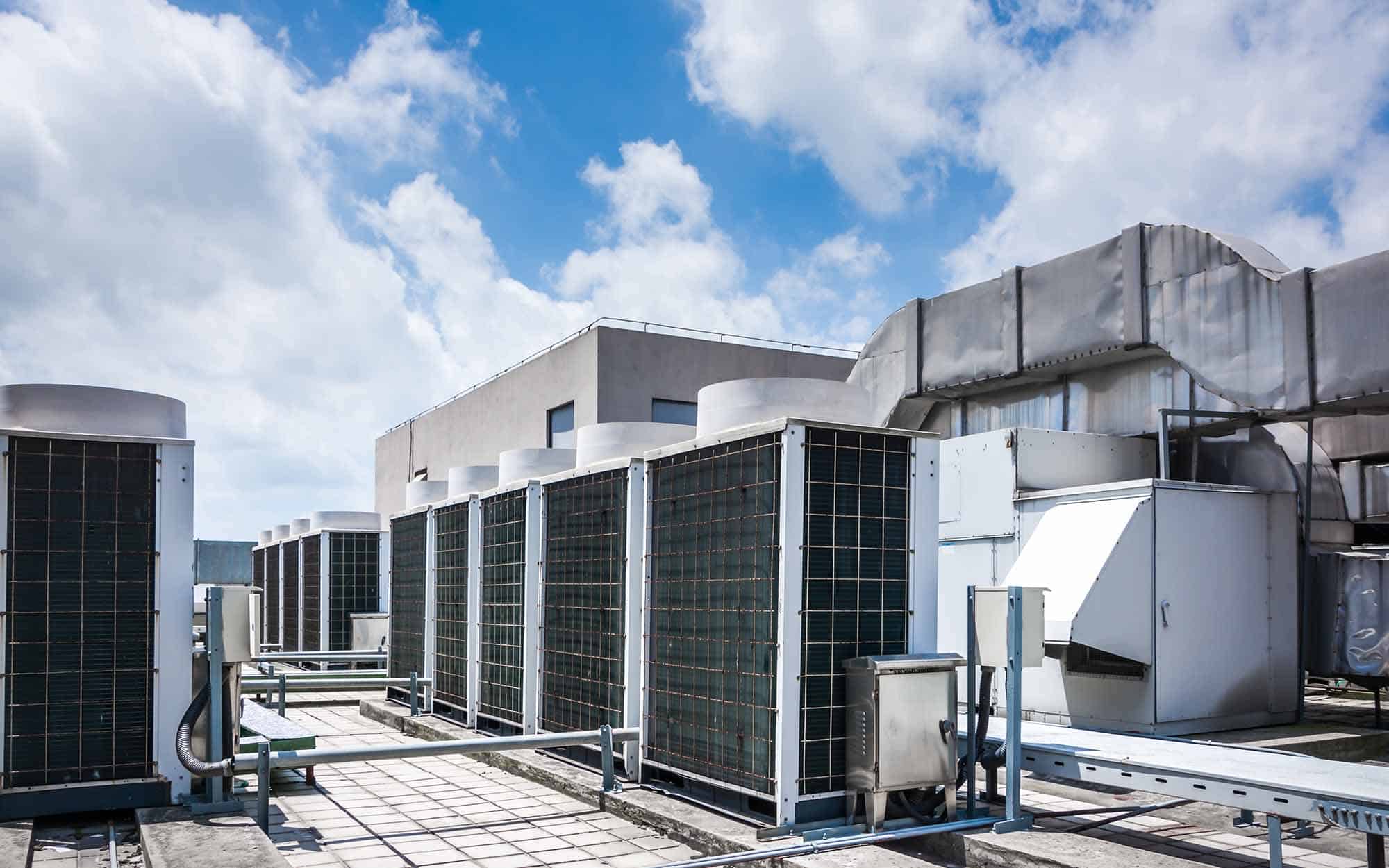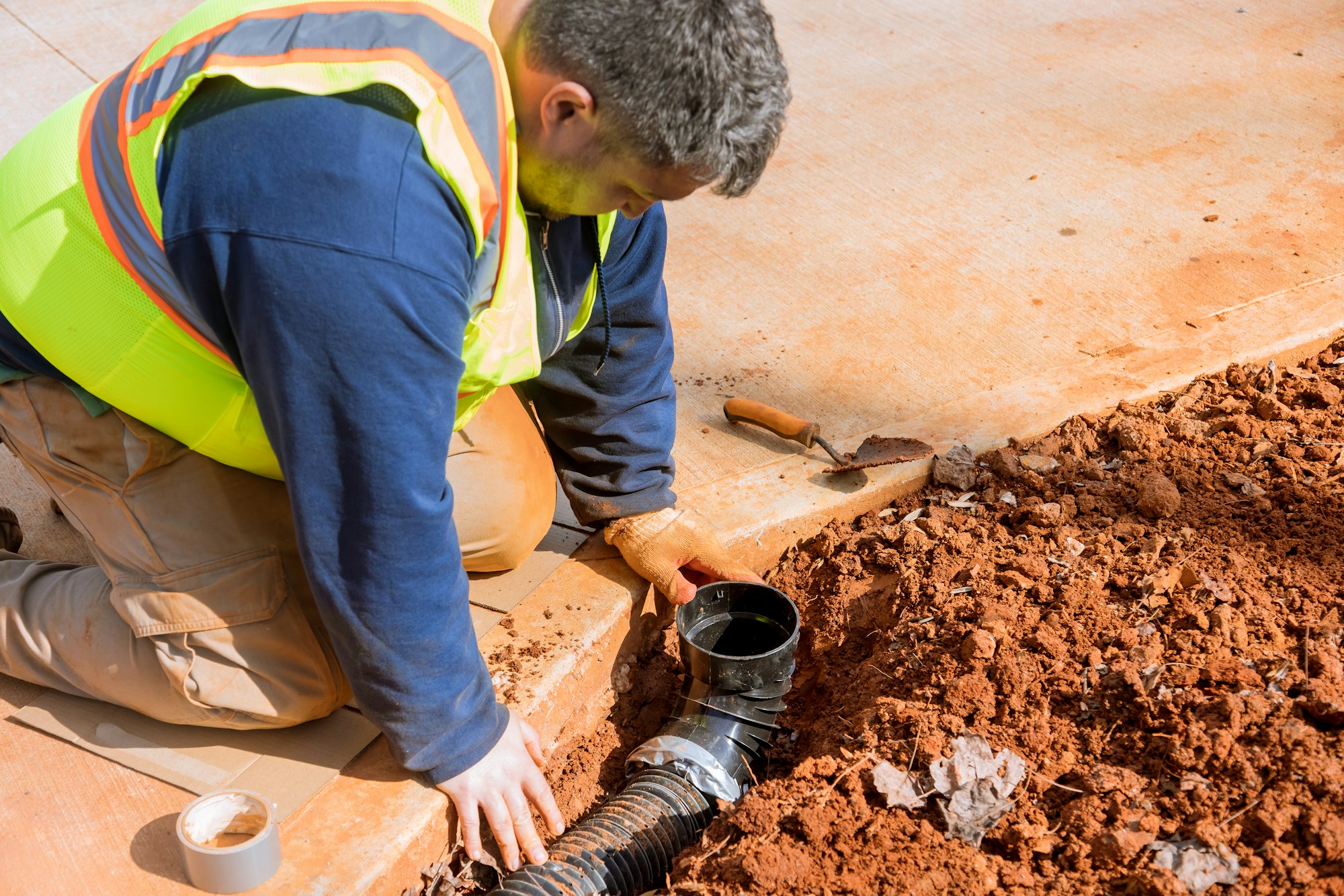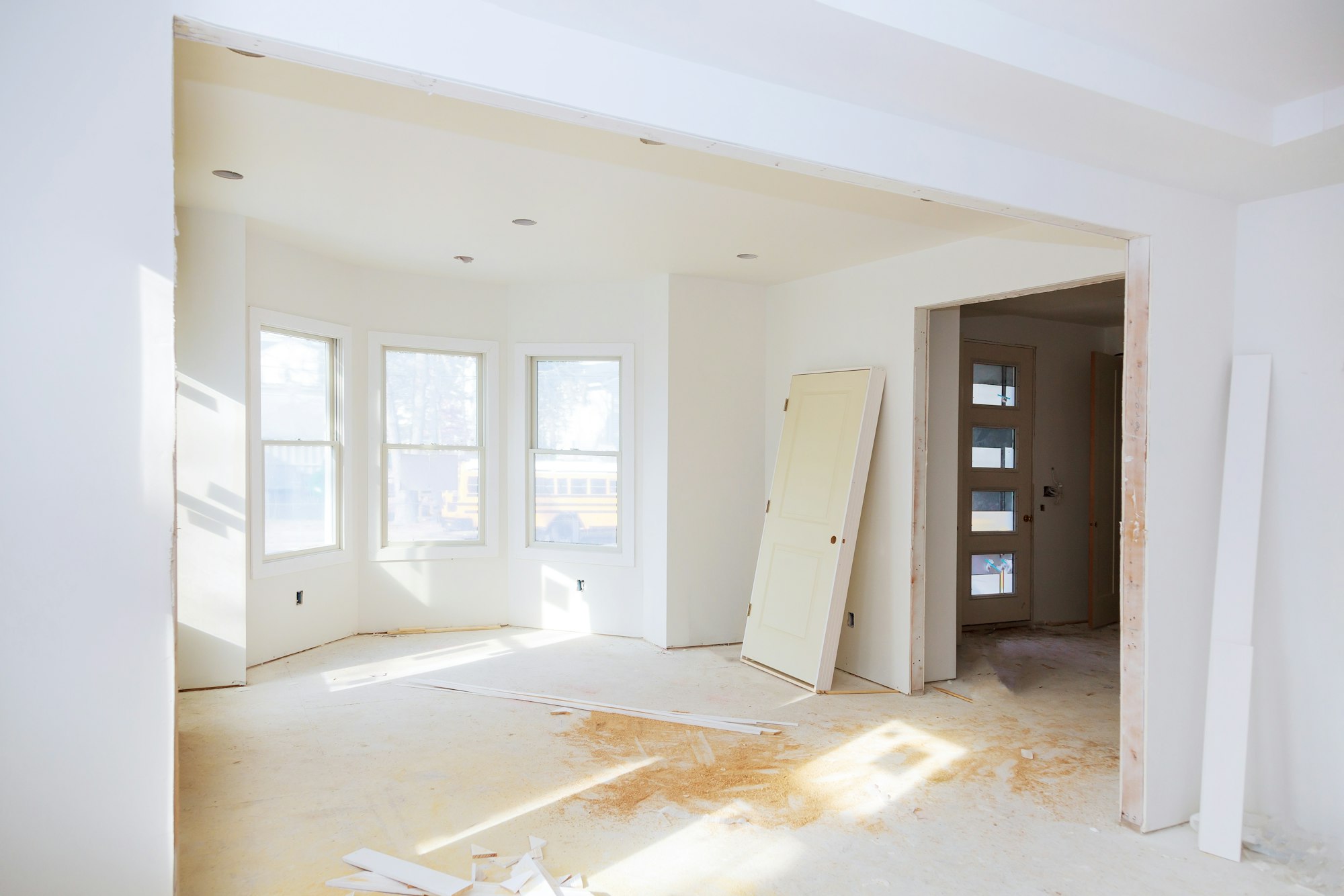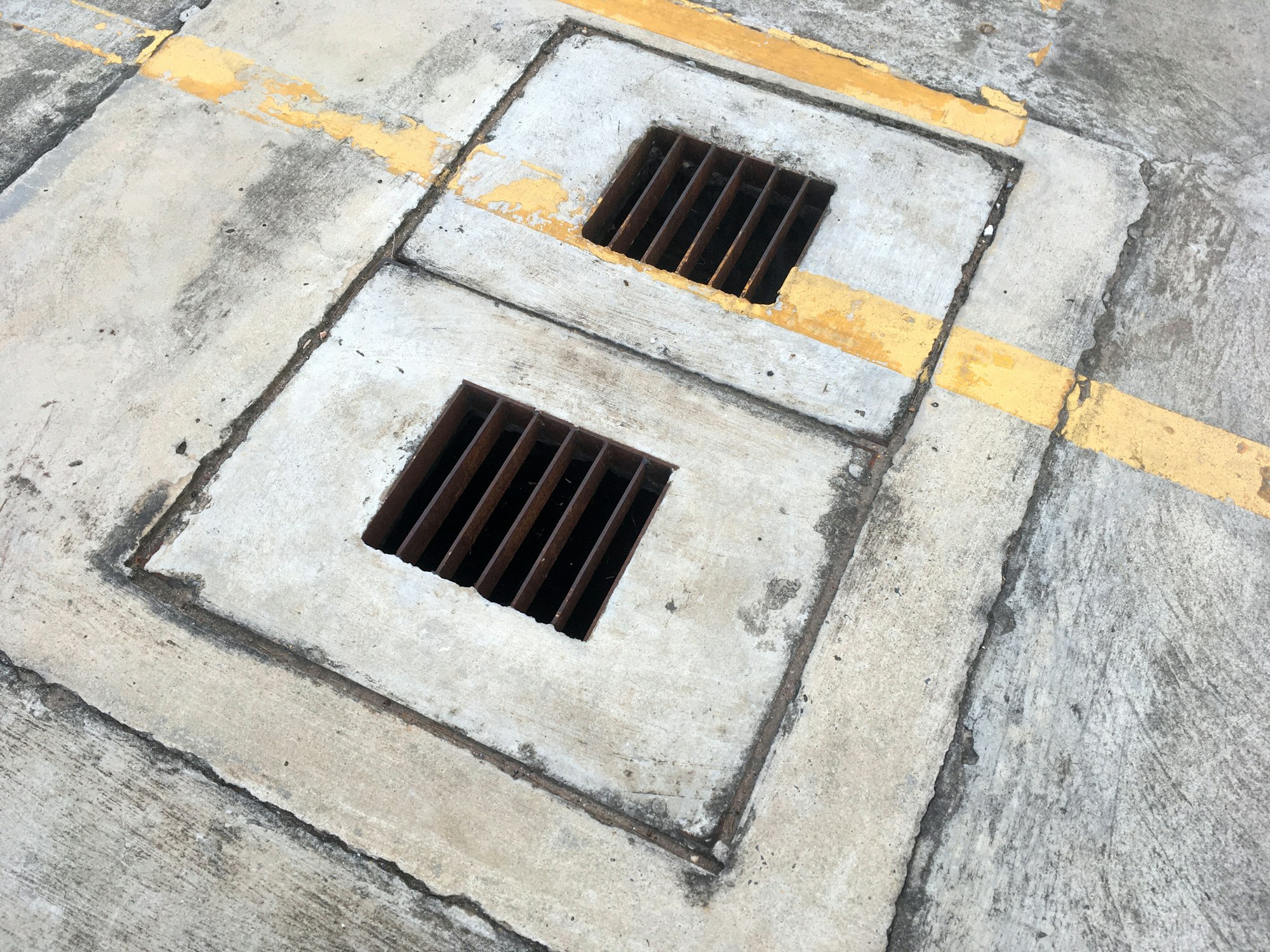Smart and Sustainable: Upgrade Your HVAC System for Energy Efficiency
When temperatures outside are extremely high, it is especially important for buildings to have functional HVAC systems to keep the interiors comfortable for those who are within. However, HVAC systems are one of the largest energy consumers in commercial and residential buildings, accounting for up to 40% of total energy consumption. This energy consumption leads to high energy bills and contributes to carbon emissions that affect the environment. The need for energy-efficient HVAC systems has become critical in recent years, and this article explores ways to achieve energy efficiency in HVAC systems.
What is an Energy-Efficient HVAC System?
An energy-efficient HVAC system is designed to consume less energy while delivering optimal performance. Such systems are designed to optimize energy use by using advanced technologies, including smart controls, energy-efficient components, and sensors that monitor and adjust the system’s performance based on the building’s occupancy and environmental conditions. The following are some subheadings on energy-efficient HVAC systems:
Energy-Efficient HVAC Components
The components of HVAC systems, such as compressors, fans, and motors, significantly impact the system’s energy efficiency. Energy-efficient components consume less energy and operate more efficiently, lowering energy bills. For example, variable-speed compressors and motors adjust their speed based on the building’s cooling or heating needs, reducing energy consumption. Additionally, high-efficiency filters reduce the load on the system by trapping air pollutants, which can clog the system, leading to higher energy consumption.
Smart HVAC Controls
Smart HVAC controls enable the HVAC system to respond to building occupancy, weather conditions, and other factors influencing the building’s heating and cooling needs. The controls monitor and adjust the temperature, humidity, and air quality, ensuring optimal performance while minimizing energy consumption. For example, occupancy sensors detect the presence of occupants in a room and adjust the temperature accordingly, reducing energy consumption when the room is unoccupied. Additionally, weather sensors detect changes in outside temperatures and adjust the system’s performance to maintain indoor comfort levels.
Proper HVAC System Sizing
Proper sizing of the HVAC system is essential for optimizing energy efficiency. An undersized system will consume more energy as it struggles to maintain the desired indoor temperature. In comparison, an oversized system will consume more energy as it cycles on and off frequently, leading to wear and tear on the components. Proper sizing of the HVAC system ensures that it operates efficiently while minimizing energy consumption.
HVAC Maintenance
Regular HVAC system maintenance ensures that it operates at peak performance, reducing energy consumption and extending the system’s lifespan. Maintenance activities such as cleaning the coils, replacing filters, and checking the refrigerant levels improve the system’s efficiency by ensuring that it operates at its rated capacity. Additionally, regular maintenance reduces the risk of breakdowns, which can lead to higher energy consumption and repair costs.
Renewable Energy Integration
The energy needs of the HVAC system can be partially met by renewable energy sources like solar panels and wind turbines, lowering the system’s reliance on the grid. Energy savings from incorporating renewable energy sources into the HVAC system can be substantial, especially for high-energy-use buildings. Additionally, energy storage systems, such as batteries, can store excess energy generated by renewable sources for use during peak energy demand periods.
Benefits of Energy-Efficient HVAC Systems
Energy-efficient HVAC systems offer numerous benefits, including:
Lower Energy Bills
Energy-efficient HVAC systems consume less energy, leading to lower energy bills. The cost savings from energy efficiency can be significant, especially in commercial buildings with high energy consumption.
Improved Indoor Comfort
Energy-efficient HVAC systems deliver optimal indoor comfort, ensuring that occupants are comfortable regardless of the weather conditions. The systems maintain a consistent indoor temperature and humidity level, reducing the risk of health issues caused by poor indoor air quality.
Reduced Carbon Footprint
Energy-efficient HVAC systems contribute to reducing carbon emissions, which is critical in mitigating the effects of climate change. By reducing energy consumption, energy-efficient HVAC systems reduce the amount of fossil fuels burned to generate electricity, reducing carbon emissions.
Improved Indoor Air Quality
Energy-efficient HVAC systems improve indoor air quality by reducing the amount of air pollutants in the building. High-efficiency filters remove contaminants from the air, making buildings safer for people’s health.
Increased Property Value
Buildings with energy-efficient HVAC systems have a higher property value than those without. Energy-efficient systems demonstrate the building owner’s commitment to sustainability and reduce the building’s operating costs, making it more attractive to potential buyers.
Energy-Efficient HVAC Design
The design of the HVAC system plays a critical role in its energy efficiency. HVAC engineers should consider the building’s orientation, insulation, and envelope when designing the HVAC system. The orientation of the building affects the amount of sunlight that enters the building, which can influence the heating and cooling needs. Insulation and the building’s envelope influence the building’s energy consumption by reducing heat gain or loss through the walls, roof, and windows.
In addition, HVAC engineers should design the HVAC system to minimize ductwork, which can lead to energy loss. Energy-efficient HVAC systems may also incorporate radiant heating or cooling, reducing energy consumption by up to 30%.
Heat Recovery Ventilation
Heat recovery ventilation (HRV) is a technology that recovers heat from the exhaust air and preheats incoming fresh air. HRV systems can reduce the HVAC system’s energy consumption by up to 20% by reducing the load on the heating and cooling systems. HRV systems also improve indoor air quality by reducing the amount of outdoor air pollutants that enter the building.
Geothermal HVAC Systems
Geothermal HVAC systems use the earth’s natural temperature to heat or cool the building, reducing the HVAC system’s energy consumption. The systems circulate water through a network of underground pipes, where the water is heated or cooled by the earth’s temperature. The water is then circulated through the building’s HVAC system, providing heating or cooling as needed.
Geothermal HVAC systems can reduce the HVAC system’s energy consumption by up to 60% compared to conventional HVAC systems. However, the installation cost of geothermal systems can be high, which may discourage some building owners from investing in them.
Energy-Efficient HVAC System Financing
Investing in energy-efficient HVAC systems can result in significant energy savings, but the upfront cost can be a barrier for some building owners. Financing options such as Energy Performance Contracting (EPC) can help building owners finance energy-efficient HVAC systems. EPC involves a third-party contractor who designs, installs, and maintains the energy-efficient HVAC system. The building owner pays for the system through the energy savings generated over a specified period. EPC can help building owners overcome the upfront cost barrier while benefiting from energy savings and improved indoor comfort.
Building Automation Systems
When the HVAC system is connected to the building’s other systems, such as the lighting, security, and occupancy sensors, its performance is maximized. BAS can monitor and adjust the HVAC system’s performance based on the building’s occupancy, weather conditions, and other factors influencing the building’s heating and cooling needs. BAS can also generate reports on the HVAC system’s performance, identifying opportunities for optimization and energy savings.
Conclusion
Energy-efficient HVAC systems offer numerous benefits, including lower energy bills, improved indoor comfort, reduced carbon emissions, improved indoor air quality, and increased property value. The key to achieving energy efficiency in HVAC systems is the integration of advanced technologies, including smart controls, energy-efficient components, and sensors that monitor and adjust the system’s performance. Regular maintenance and proper system sizing also play a significant role in optimizing energy efficiency. Integrating renewable energy sources into the HVAC system can further reduce energy consumption and dependence on the grid. Building owners and operators should prioritize energy-efficient HVAC systems to reduce their energy bills, mitigate climate change, and improve indoor air quality and occupant comfort.








